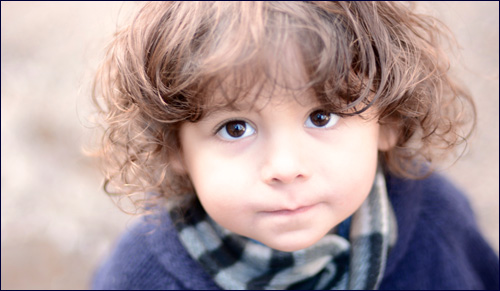 Iran’s Attack on Israel
Iran’s Attack on Israel


3 min read
11 min read
4 min read
3 min read
Learning how to say sorry from our children this Yom Kippur.
In the hustle and bustle of daily life where rules are broken, chores ignored and breakfast dishes are left on the table, I notice that my children say they’re sorry in so many different ways.
Their apologies vary by age and temperament and by degree of fault. They say it shamefacedly, eyes down, hands fiddling or shoved into pockets. The say it defiantly, glaring, lips curled but voices wavering in their determination not to cry. They fling it over their shoulders as they run out of the house, “Sorry! Bye!” or they bring it to me reverently presented with trembling hands, morose, hoping that I’ll accept.
They are sorry for broken things, lamps, mugs, dishes; for lost things that they were not careful with. They are sorry for moments of disrespect or temper and for laziness and unwillingness. They are sorry for action and for tone of voice. They are sorry even though they are not really sorry but know that they should be sorry. Or they are sorry even though they would do it again and think they are right or what they did was necessary, but still sorry that I disagree, that I disapprove.
They are sorry because they fear consequences or sorry because their conscience hurts or sorry because they know they fell short and want to do better or because they think they hurt me and they know I love them.
Their apologies elicits something in me, some yearning for connectedness, some urge for compassion, some need to be on the same page again.
Their sorry makes me sorry. For being so judgmental, for having impossible standards, for making it difficult to live up, for hurting them somehow.
The remorse of my child arouses kindness and love in me. And I think – I hope – that my remorse offered up to God in guilt and sorrow and fear and sometimes in self-righteousness, indifference or ignorance, that my sorry elicits the same feeling in Him. That He looks at me with compassion and sees that I am trying and failing, that it’s hard to be His child in this world. I hope He sees my glaring eyes and my trembling hands and knows that I am so often biting my lips and trying not to cry. That I yearn to be on the same page, that I am ashamed of myself for having disappointed Him yet again. That I know that He loves me and I wish I could do it all differently somehow.
The ways that children say it vary but they say it because they value us and need our love and compassion. Saying sorry is stretching your hand out, hoping for acceptance and forgiveness and love.
And I, a child of God who has fallen short again and again, who can’t seem to get it right, who is impatient and ungrateful and fumbling and annoyed, I am sorry too.
I realize that my misdeeds hurt Him, that my disrespect and laziness are shameful, that I could do better. That I should do better. I yearn to be connected and understood and absolved.
So with a trembling voice, I whisper that I am sorry because I know that He hears me, and I stretch out my hand to my loving Father and hope for His forgiveness and acceptance and love.
